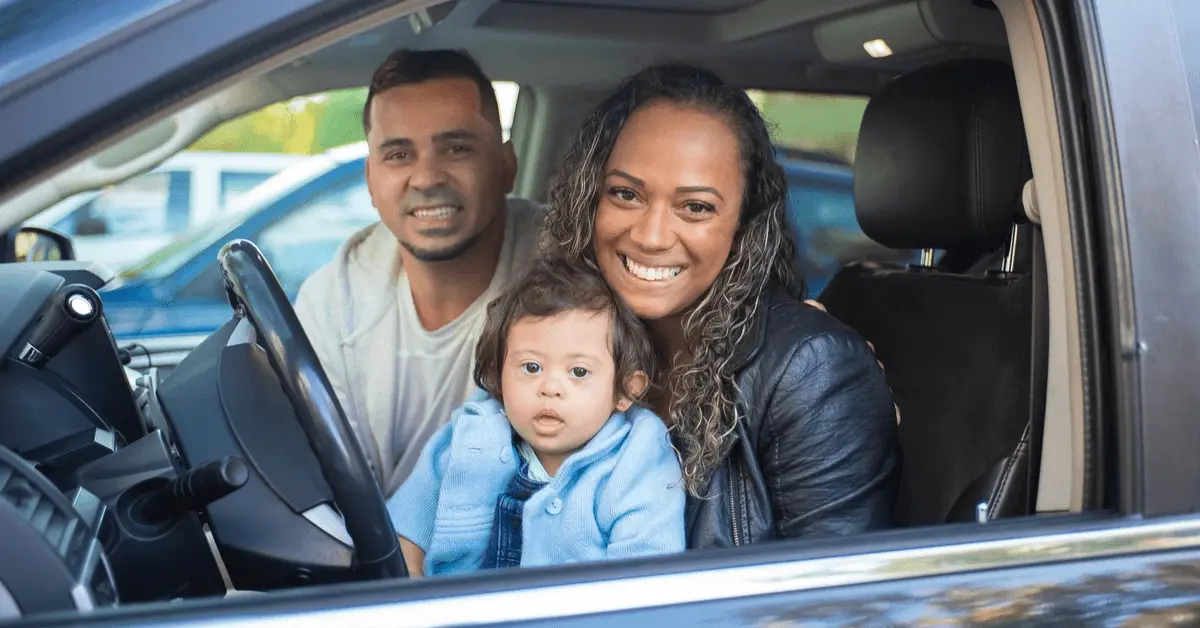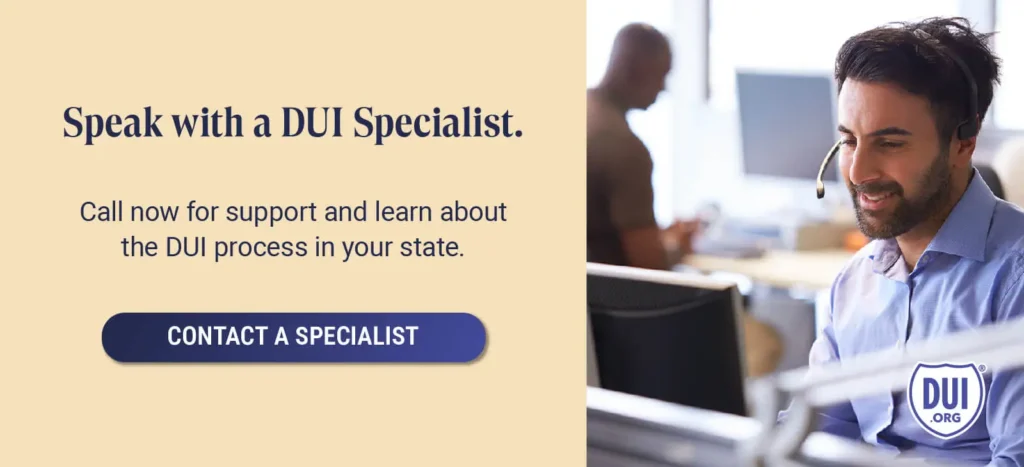
If you are arrested and convicted of driving under the influence, your driver’s license and privileges will be affected in some way. You may have driving restrictions that can drastically affect your day-to-day life, including when, where and what time of day you can drive your car. The type and severity of the restrictions you receive varies by case and by state, and can be a little confusing. Here is an overview of some of the more common license restrictions and limitations.
What is a Restricted License?
Also known as a “hardship license,” “limited driving license,” “occupational driver’s license” or “Cinderella license,” a restricted license is an alternative to more severe penalties such as license suspension or revocation. Restricted licenses are usually permitted if you rely on driving your car for your job or transporting your children. If you have a restricted licenses, you will be able to drive only to specific destinations such as work, school, worship, medical appointments or alcohol treatment programs. A restricted license ensures you can continue your employment and other necessary daily activities without suffering unnecessarily severe consequences such as loss of income. Under the limitations of a restricted license, you will not typically be allowed to drive to social/recreational gatherings or operate a commercial vehicle.
Restricted licenses vary by state and may require you to take several steps to reduce the restriction time or remove the restriction entirely, such as obtaining SR-22 insurance or installing an ignition interlock device (car breathalyzer) on your vehicle. If you’re unsure if your state allows a restricted license, or what the status of your license is, let DUI.org specialists help you.

Suspended License
A license suspension involves the temporary removal of driving privileges. If your license is suspended following a DUI charge, you will not be allowed to legally drive a vehicle during this time. A license suspension is relatively common and, depending on the state, may be mandatory for first-time DUI offenders. If you are arrested for a DUI outside your home state, your license suspension will most likely follow the laws of the state in which you were arrested. If desired, you can attempt to appeal out-of-state charges, but this may be complicated as you will need two DUI attorneys to assist you — one from your home state to help with the appeal and another from the state you were arrested to fight the DUI allegations.
Similar to a restricted license, it is possible to have your license suspension shortened by fulfilling certain qualifications, such as paying fines, serving community service, installing an ignition interlock device or attending alcohol treatment classes.
Revoked License
A license revocation is the most severe of the driver’s license penalties. A revocation means that your driving privileges have been permanently removed for an indefinite period of time. This is the result of more severe charges, usually involving multiple DUI offenses. The ability to reinstate your license after a revocation varies by state, and involves a far more rigorous process than recovering your license after a suspension.
While it may seem easier to rely on friends and family for your travel needs rather than reinstating your driver’s license, this is unadvised as it can strain even the closest of relationships. It’s not always easy to get back on the road after a DUI, but it’s often possible. An experienced DUI attorney can provide insight on what to expect after a DUI conviction, and may even provide you with the best course of action to recover your driver’s license. DUI.org can assist you with locating the attorney that best fits your needs.
If you have any additional questions about the DUI court process, DUI.org state specialists are here to help! Call now to speak to an agent and get started.
Get support.
What is next? We can help you through the process. Give us a little information and we can support you through the next steps.
All fields are required.